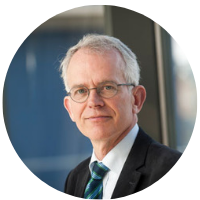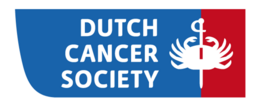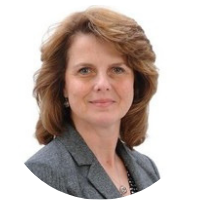Our partners
Cancer Grand Challenges is a global funding platform with a bold ambition to solve the toughest problems in cancer research. The initiative is powered by an alliance between the world’s leading cancer research organisations, Cancer Research UK and the National Cancer Institute. Together we are working towards a common goal: accelerating progress in the fight again cancer.
Through this initiative, Cancer Research UK are creating a global network of like-minded philanthropists, organisations and funding agencies. This builds on the success of Cancer Research UK’s Grand Challenge which launched in 2015 and has already funded 7 multidisciplinary teams spanning 9 countries. CRUK and NCI began working together in 2020, signalling unprecedented collaboration in cancer research on a global scale. The initiative entered a new era as Cancer Grand Challenges.
We have other partnerships that have played a huge role in the success of the initiative so far. Read more about these below..
The Mark Foundation for Cancer Research
Cancer Grand Challenges SPECIFICANCER team, led by Professor Steven Elledge, is jointly funded by Cancer Research UK and the Mark Foundation for Cancer Research. The multi-million-pound gift from this New York-based philanthropic organisation is its largest to a UK organisation to date.
The Mark Foundation for Cancer Research is committed to accelerating cures for cancer by integrating discoveries in biology with innovative technology. It funds a global portfolio of research carried out by individual investigators, multi-investigator teams and inter-institutional collaborations. Established in 2017 by Alex Knaster in memory of his father, Mark, who died of cancer in 2014, the foundation awards funding to support cutting-edge scientific ideas that could transform patient care and answer the most complex questions about cancer biology.
The foundation’s transformational donation will help fund the vision of the team – a world-class collection of cell biologists, geneticists and computational experts from the US, the UK and the Netherlands. The team hopes to reveal the molecular mechanisms that underpin tissue specificity in tumours and exploit these discoveries to develop new ways to treat cancer.
Michele Cleary PhD, Chief Executive of
The Mark Foundation for Cancer Research

The Dutch Cancer Society (KWF)
Cancer Grand Challenges PRECISION team is jointly funded by Cancer Research UK and the Dutch Cancer Society. For almost 70 years, the Dutch Cancer Society has been committed to supporting innovative research and policy work to bring about an end to cancer. This nationwide organisation receives no government funding. Instead, it relies on its 1 million donors and 100,000 volunteers to achieve its aim – less cancer, more cures and a better quality of life for patients and survivors.

Fred Falkenburg, Director of the Dutch Cancer Society (KWF)

Partner with us
By joining our global community of elite scientists and partners, you can play a vital role in accelerating progress in the fight against cancer.
To explore how you can partner with Cancer Grand Challenges to solve the toughest problems in cancer research, get in touch at info@cancergrandchallenges.org.

 Our partners
Our partners